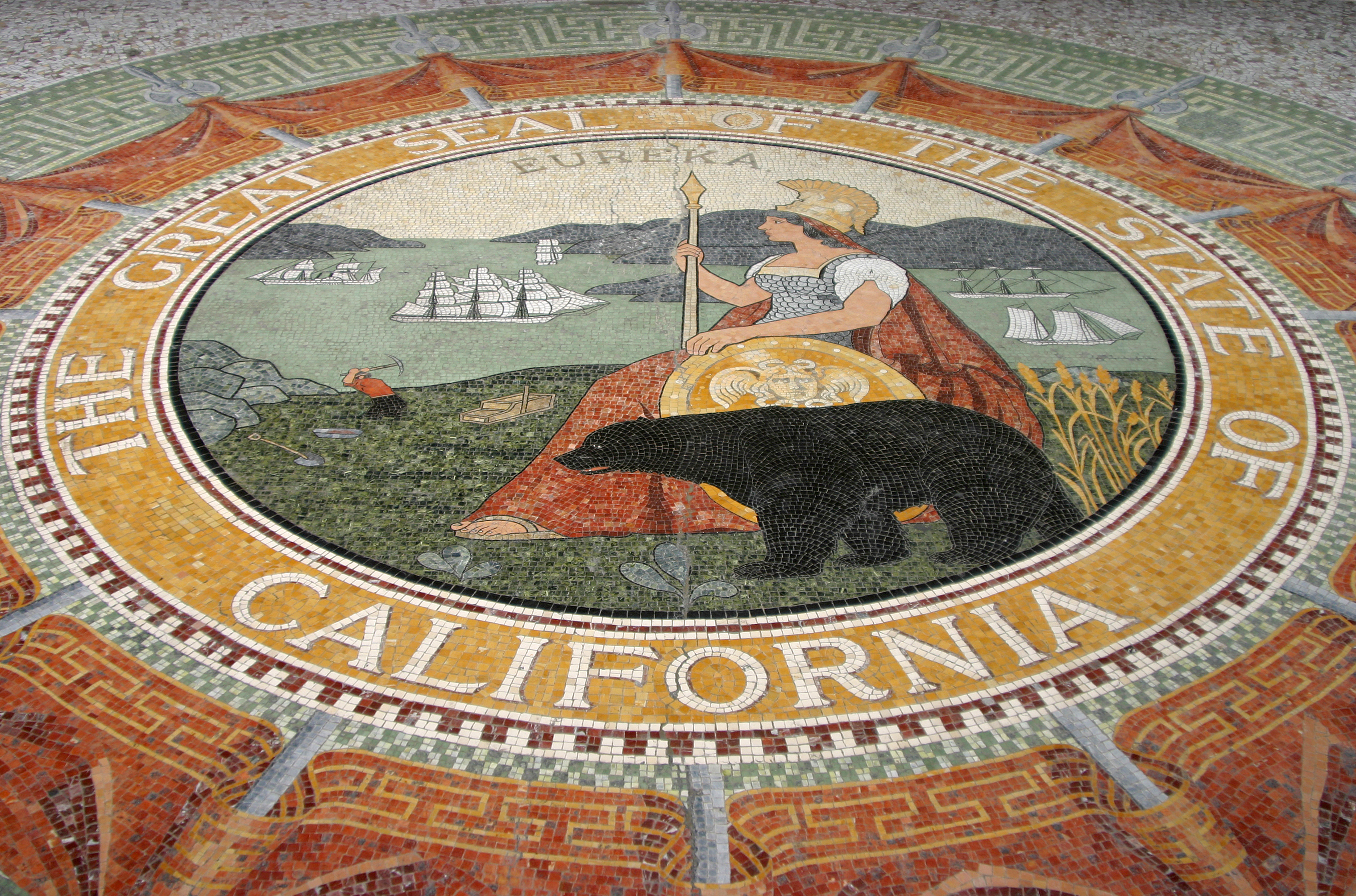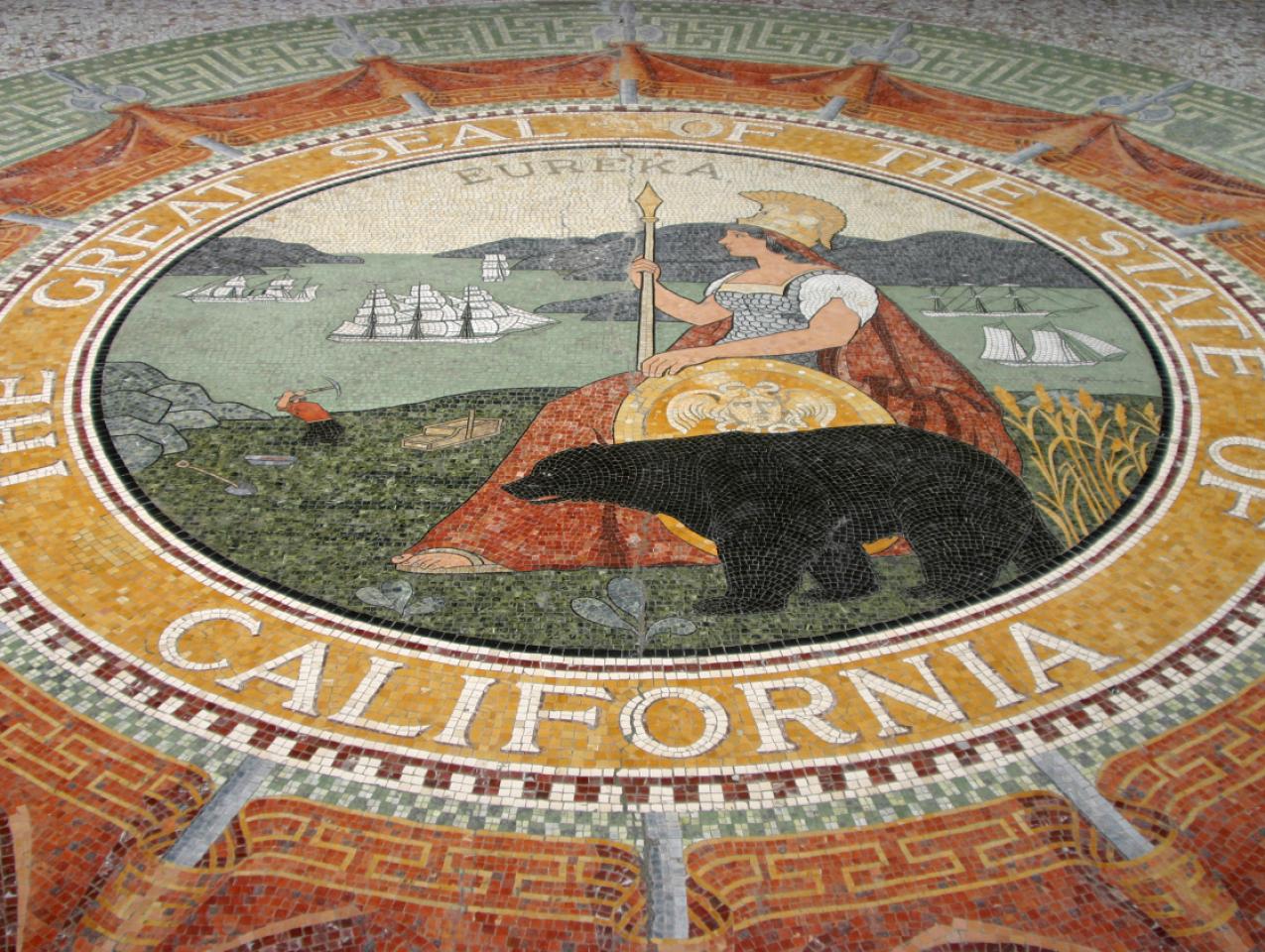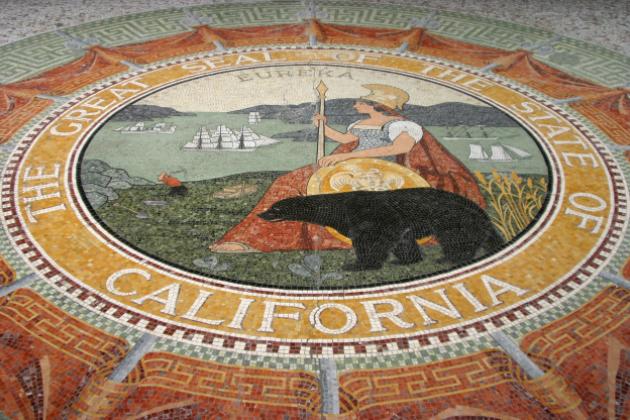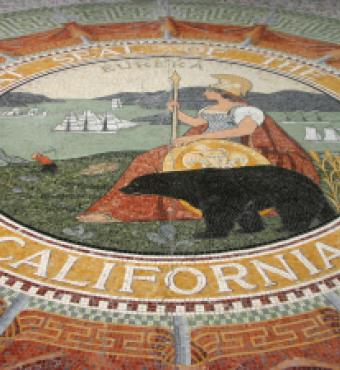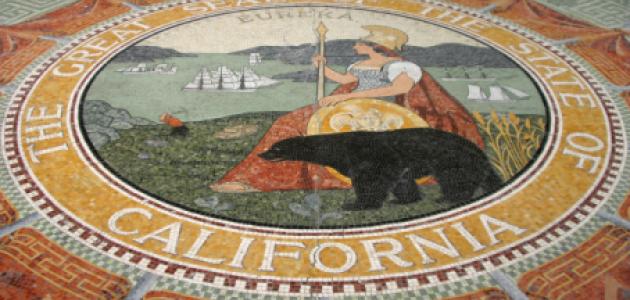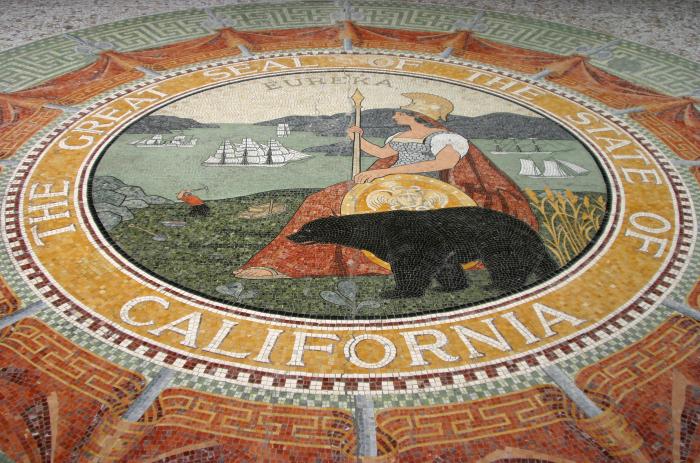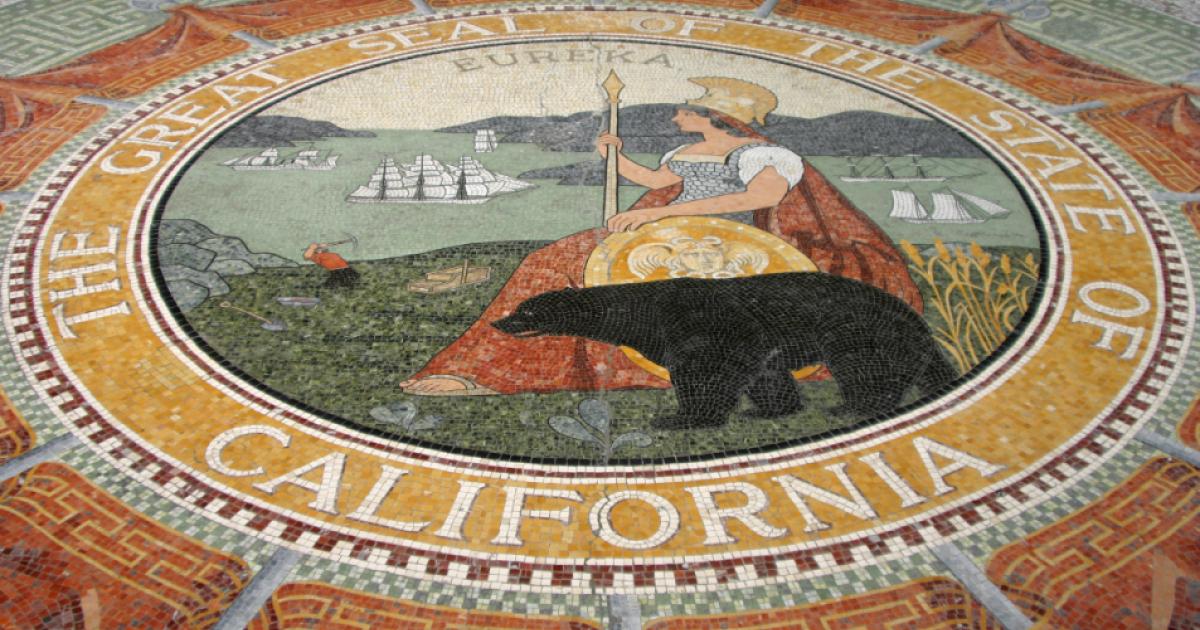- Economics
- US Labor Market
- Law & Policy
- Regulation & Property Rights
- Politics, Institutions, and Public Opinion
- State & Local
- California
After a recently concluded bill-drafting session considered remarkable only in the remarkable job that lawmakers did in avoiding a host of weighty matters, what could California’s State Legislature do for an encore?
Why, hold a special session, of course, and tend to business that fell by the wayside as August gave way to September and lawmakers reached the constitutional deadline for passing new laws.
Don’t laugh: nearly two dozen Republican assembly members and state senators have sent a letter to Gov. Gavin Newsom requesting an extraordinary session to deal with, among other things, tax and regulatory relief for small businesses, definitive guidelines for the safe reopening of schools, “significant reforms” to allow independent gig-economy workers more flexibility, plus “a full audit” of the Employment Development Department to ascertain why California’s state government struggles to process unemployment claims.
The good news for these intrepid legislative Republicans who’d rather stick around Sacramento than go back to their home districts and, for many of them, focus on the November election: precedent is on their side. Twice in 2016, then governor Jerry Brown called for special sessions to deal with health care and transportation funding. The first session was successful, with Brown signing three managed-care bills into law. The second was a dud, with no progress to report.
But here’s the Republicans’ problem: it may be their game (staying in Sacramento; passing new laws), but it’s not their rules. While lawmakers can respectfully ask the governor to call an extraordinary session, it’s California’s governor who does the demanding—in a proclamation that has to be very specific. Per Article IV, Sec. 3(b) of California’s State Constitution: “On extraordinary occasions the Governor by proclamation may cause the Legislature to assemble in special session. When so assembled it has power to legislate only on subjects specified in the proclamation but may provide for expenses and other matters incidental to the session.“
Remember these eight words: “legislate only on subjects specified in the proclamation.” For it’s in that phrase that the governor has the power to dictate the terms of a special session.
And that’s where the fun begins in Sacramento, for we don’t quite know (a) if Newsom is serious about sending the bill-passing portion of the 2020 legislative session into overtime (last week, the governor said he was open to the idea, without committing either way); or (b) what the terms of his demand would be—i.e., what policy or policies Newsom deems to be so urgently needed that they’d require the extraordinary session.
This much we can safely assume: if Newsom does issue a proclamation, its contents won’t be what the Republicans requested. In Sacramento, the GOP is a decided minority in both chambers—with not even enough votes to stop the two-thirds majority needed to raise taxes. To put it another way, the minority tail doesn’t wag the supermajority dog.
Then again, Newsom’s demands might also clash with what California’s left-leaning power players covet most: imposing higher taxes on the wealthy.
Left unaddressed in the last bill-writing session, with neither measure making it to a floor vote: AB 1253, which would have added three new surcharges on California’s seven-figure earners (1% for taxable income over $1 million; 3% for income over $2 million; 3.5% for income over $5 million, pushing the state income tax rate to a nation’s-steepest 16.8%); and AB 2088, which would have imposed a 0.4% tax on Californians with a net worth north of $30 million (here’s a Washington Post column I wrote explaining why such a “wealth tax” would be a terrible idea for California).
So what would Newsom request if he were to grant lawmakers a shot at legislative redemption?
If I had to guess: something along the lines of homelessness and housing production—it was the centerpiece of the governor’s pre-COVID State of the State Address, delivered nearly seven months ago (seems like an eternity, doesn’t it?)—as well as things pertaining to woke justice, which is the centerpiece of Democrats’ efforts to get progressive voters to turn out in droves this fall.
But here, the politics get tricky.
The legislature did wade into a housing bill, but the end result was a mix of comedy and pathos. The measure cleared the State Assembly and arrived in the State Senate . . . with all of three minutes left until the clock struck twelve on the legislative deadline—a gesture that state senators didn’t appreciate.
And the assemblywoman you might have seen in the final hours of August voting, swaddling her month-old daughter because she was told she couldn’t stay at home and cast a proxy vote while nursing her newborn? She had rushed to the State Capitol from her Bay Area residence to make a plea for . . . the ill-fated housing bill.
As for woke justice, the legislature did pass—and Newsom is expected to sign—a measure that bans chokeholds and other neck restraints. But a more ambitious police reform measure (it would’ve taken away cops’ badges if they were found to have committed serious misconduct) never reached the governor’s desk, thanks to some furious outside lobbying and fierce disagreements within the assembly’s Democratic caucus. Police unions told Newsom last month that they’d welcome a special session to deal with police reform, as long as there’s transparency and thoughtful consideration involved (translation: the unions want a seat at the table).
For Newsom, this presents a challenge. He intervened during the backroom arguments over the aforementioned police reform measure. Surely, he’d love to sign a bill proclaiming that California no longer is one of five states that have no way of decertify police officers guilty of misconduct (Hawaii, Massachusetts, New Jersey, and Rhode Island being the other four).
On the other hand, does California’s governor want to go mano a mano with California’s police unions and law-enforcement lobbies and risk political embarrassment if lawmakers once again fail to deliver on reforms to weed out bad cops?
Just as: getting more homelessness and housing bills out of the legislature might require, from Newsom, the right mix of holding hands, stroking egos, and sending the occasional lawmaker to the woodshed if they step out of line (the governor’s ability to both make appointments and issue budgetary line-item vetoes gives him considerable leverage when push comes to shove on such matters).
It’s the aspect of an extraordinary session that the public might not fathom. The proclamation may seem simple and straightforward, but a California governor sometimes has to go to extraordinary lengths—patience, persistence, the right mix of coaxing and bullying—to yield results that are anything close to special.
Does Gov. Newsom have it in him?
In a difficult year that already has devastated his budget and temporarily derailed his agenda, does the governor want to add risk?







